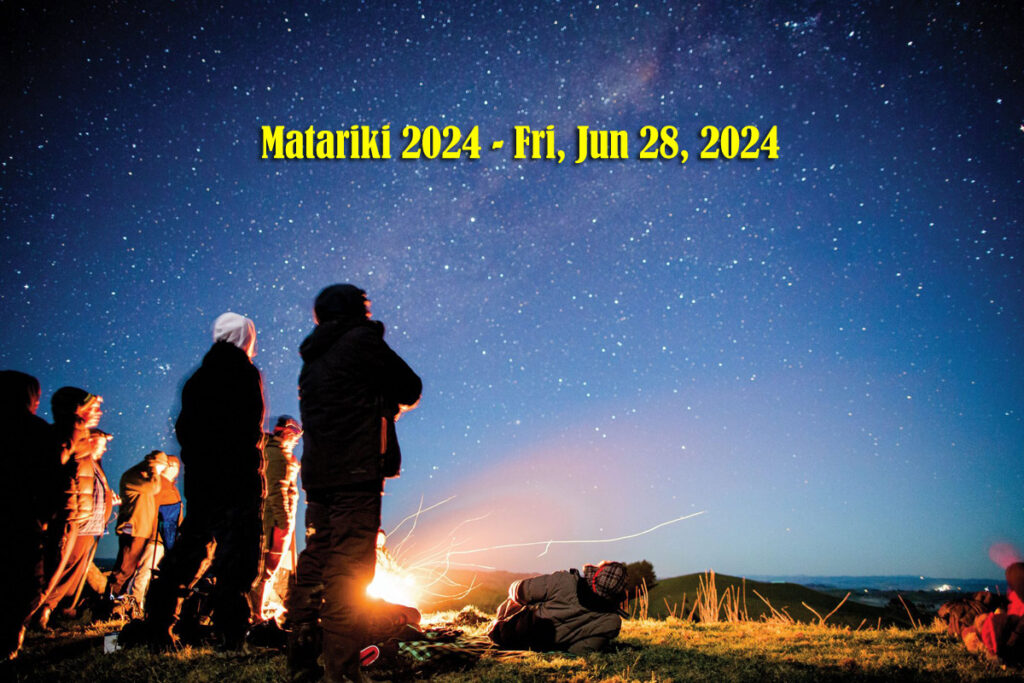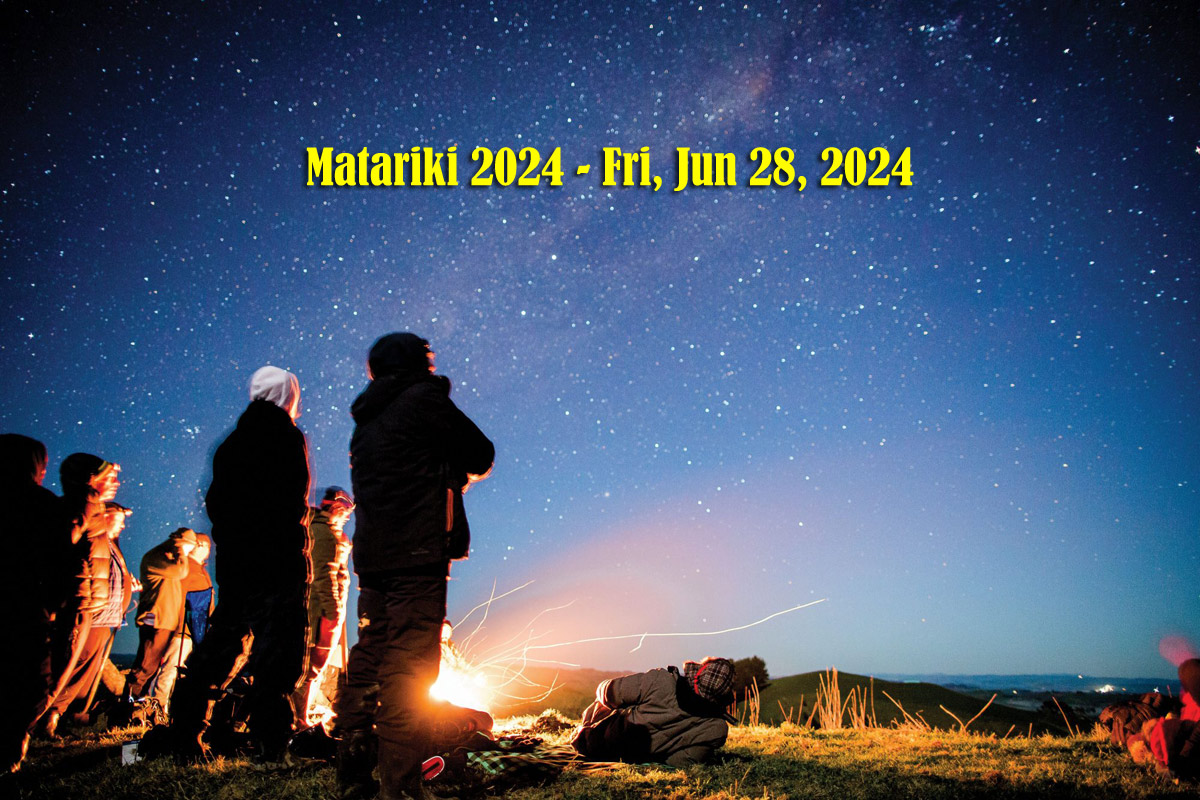
To our Filipino community, we are excited to introduce you to the rich and vibrant culture of the Māori people, particularly through the celebration of Matariki. Matariki marks the start of the Māori New Year and is a significant event in New Zealand. It is observed annually during the winter months, typically from late May to early July, with the exact dates varying according to tribes and geography. The first public holiday to celebrate Matariki was held in New Zealand on Friday, June 24, 2022.
In 2024, Matariki falls on Friday, June 28.
When New Zealand established the national day in 2022, it became the first nation in the world to recognize an Indigenous-minority holiday, scholars including Mātāmua believe. However, many people did not know what it was. Even so, 51% of people did something to mark the day, official figures show, and that number grew to 60% in 2023. Matariki falls on a different midwinter date each year based on the Māori lunar calendar; in 2024 it is officially celebrated on June 28.
The name “Matariki” translates to “tiny eyes” or “eyes of god” in Māori and refers to the Pleiades, a cluster of seven stars visible in the southern hemisphere during the winter months. Each star within the cluster holds specific significance, reflecting aspects of the environment and ancestral knowledge. The celebration of Matariki is deeply rooted in the country’s indigenous culture and has been passed down through generations.
Historically, Matariki marked the start of winter and was a time for the Māori people to prepare for the cold season. It was a time to give thanks for the bounty of the land and sea and to acknowledge the role of the stars in guiding the planting and harvesting of crops. The Māori people would gather to celebrate with feasting, singing, and dancing. However, in the 19th century, the Māori New Year fell out of favour due to the influence of European culture and the suppression of Māori traditions.
A 700-year-old tradition that fell out of observance in modern times — even among the 1 million Māori who make up New Zealand’s population of 5 million — the fortunes of Matariki changed over the past few decades, as Māori language, culture, and traditions saw a passionate resurgence.
Matariki is celebrated in various ways throughout New Zealand. It is a time of community and family gatherings, feasting, and sharing of cultural traditions. Many communities throughout New Zealand hold festivals and events to celebrate Matariki. These events often include kapa haka performances, traditional Māori food, crafts, and storytelling. People all across Aotearoa come together to remember their ancestors, share (kai) food, sing songs, tell stories, and play music.
The Matariki celebration is essentially based on three major principles:
- Remembrance – Honouring those who have died since the last rising of Matariki.
- Celebrating the present – Gathering together to give thanks for what we have.
- Looking to the future – Looking forward to the promise of a New Year.
Several key values are associated with Matariki and the Māori New Year celebrations. These values are still relevant today and can sit at the heart of our modern Matariki celebration. These values are:
- Aroha – Love and respect for one another.
- Whakamaumaharatanga – Remembrance.
In conclusion, Matariki is a time-honoured occasion that commemorates life, death, and rebirth. It provides an opportunity for communities to come together, share stories, and honour their heritage. The celebration of Matariki is an opportunity to strengthen the connection to the land, sea, and sky and to renew relationships with others. As we approach this year’s Matariki, we extend our warmest wishes to the Māori people and all New Zealanders. May this Matariki bring you joy, peace, and prosperity. Manawatia a Matariki!
For our Filipino community, let’s embrace this celebration by collaborating and intertwining it with our own stories. As we all enjoy this beautiful Matariki day, let’s reflect on the past, celebrate the present, and plan for the future.
This article was originally published by Guild Solutions, Inc.



